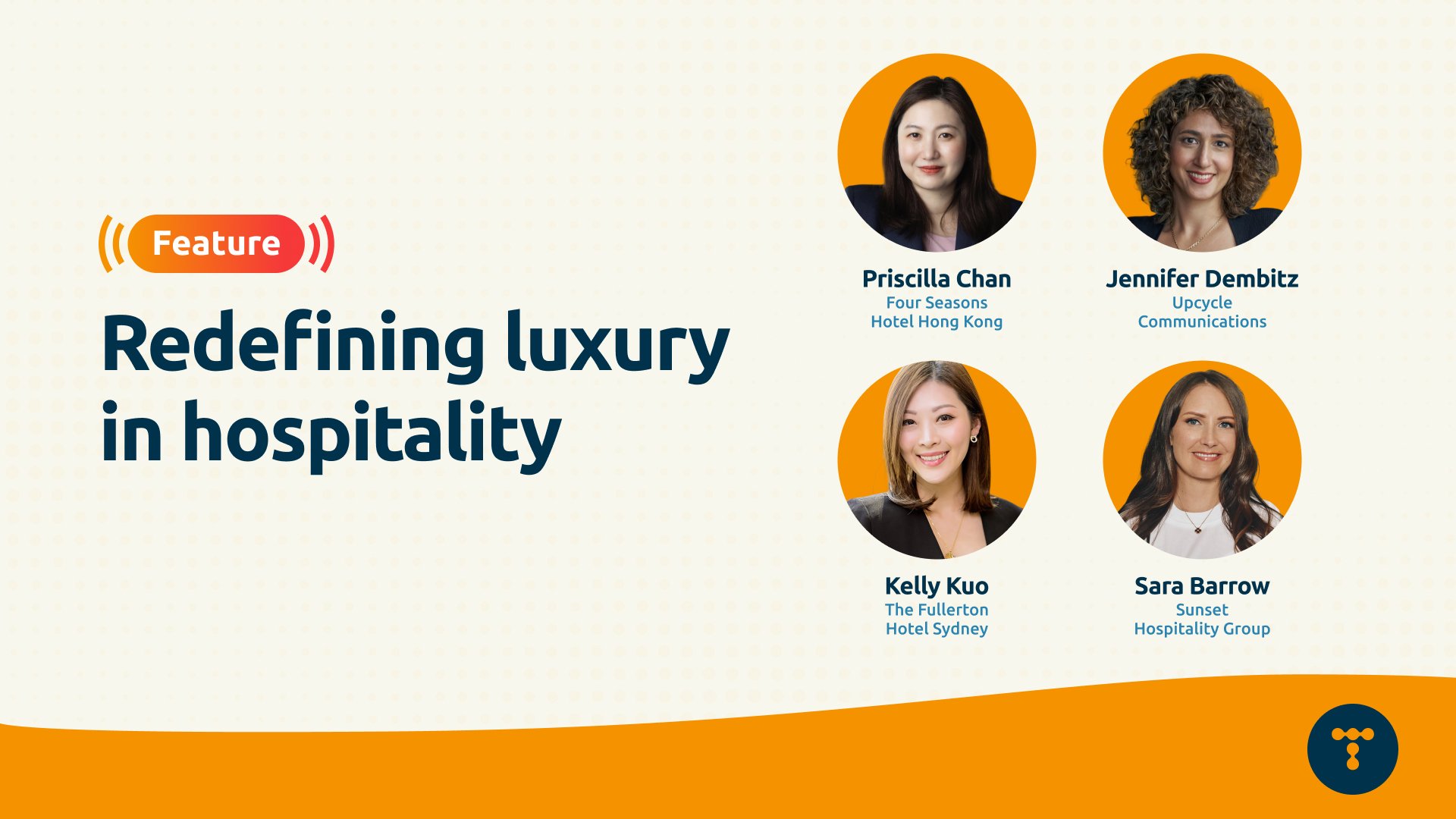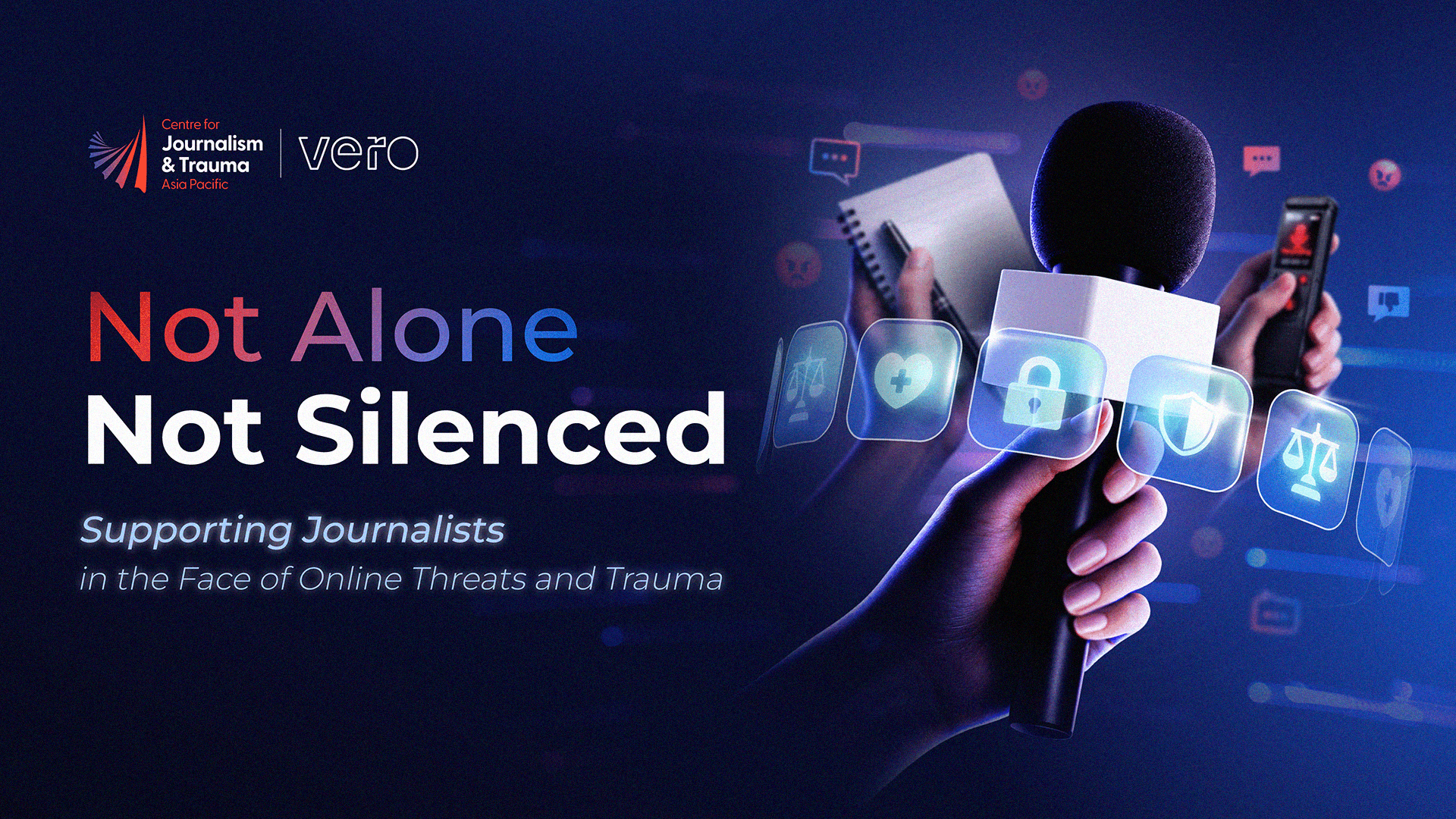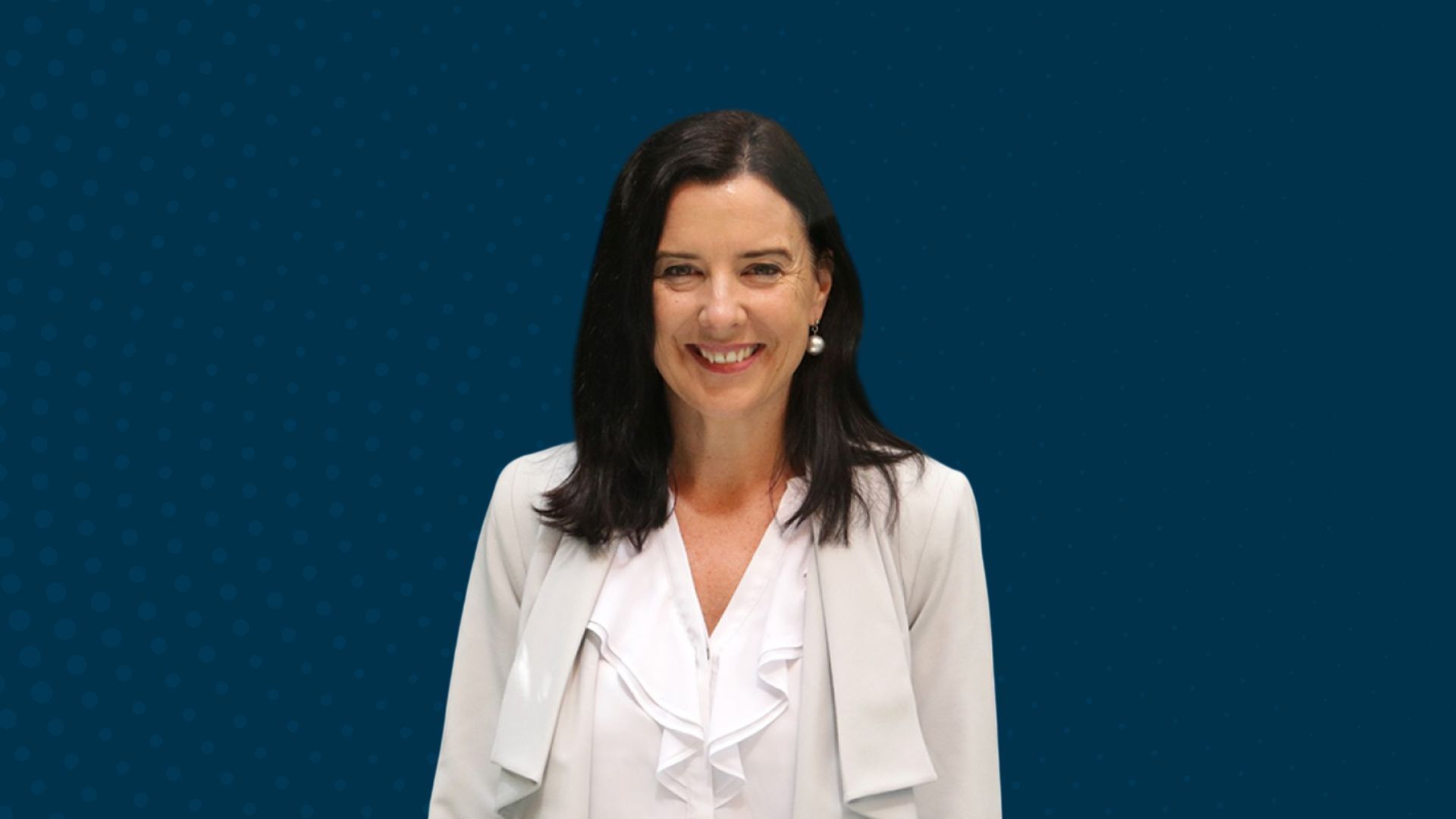Luxury hospitality has long been synonymous with elegant architecture, refined culinary experiences, and impeccable service. Yet as the expectations of affluent travellers continue to evolve, the true essence of luxury remains fluid - shaped by cultural nuance, personal values, and emerging trends.
According to Allied Market Research, the global luxury travel market was valued at USD 890.8 billion in 2023 and is projected to more than double, reaching USD 2,149.7 billion by 2035. This rapid expansion signals not only opportunity but also a pressing need to reimagine what luxury truly means in today’s context.
Ahead of World Tourism Day on 27 September, industry communicators across the Asia-Pacific and Middle Eastern regions recently spoke with Telum Media, offering insights into how the definition of luxury is shifting - and what the future holds for this dynamic sector.
Luxury as emotional connection
Luxury holds various meanings for different individuals, but there’s no doubt it goes beyond exceptional service and comfort in the hospitality space today. Jennifer Dembitz, Managing Director at Upcycle Communications explains, “Luxury is about storytelling - crafting a consistent, compelling message that’s felt at every guest touchpoint. The most successful luxury brands communicate their values with clarity, intention, and emotional resonance.”
Jennifer also highlights that luxury is increasingly about fostering deeper connections, whether through cultural stewardship or creating environments that encourage travellers to be fully present. “Today’s travellers want purpose, presence, and personalisation,” Jennifer remarks. “They’re not just booking a stay - they’re looking to connect with the spirit of a place. Soul doesn’t come with a price tag, it’s a mindset. That commitment to connection - the ability to evoke a true sense of place and presence - is what transforms a luxury stay into something unforgettable.”
Priscilla Chan, Director of PR and Marketing Communications at Four Seasons Hotel Hong Kong, echoes Jennifer's sentiment from a more operational lens. For her, luxury is “characterised by genuine heart, humanity, and generosity. These qualities are embodied by our people who, through a million unscripted gestures that create memorable experiences, bring warmth and a sense of belonging, ensuring that every guest feels valued and cared for.”
These values, she says, are communicated with brand storytelling rooted in tales of kindness and elevated living.
Kelly Kuo, Director of Marketing & Communications at The Fullerton Hotel Sydney, shares a similarly human-centered view.
After more than a decade in the industry, she has come to define luxury as the art of creating a memorable experience. Contrary to popular belief, that experience doesn’t always have to be grand or costly. “True luxury is often found in the smaller gestures, such as a personalised, handwritten card or a staff member remembering a guest's specific preferences. These details don't always come at a high cost; they stem from genuine care to create a special and meaningful stay.”
Luxury is subtle, but not unnoticed
Building on emotional connection and human touch, modern day luxury is also about how the brand presents itself. In this regard, restraint can be more powerful than overstatement, especially in markets saturated with flashy, over-the-top messaging.
“Luxury is a buzzword in the media and in every algorithm,” says Sara Barrow, Corporate PR Manager at Sunset Hospitality Group in Dubai. “While the Middle East is often viewed as the epicenter of luxury, I believe that if a brand must constantly label itself as ‘luxury’ in its marketing and PR, then it’s not luxury. True luxury is communicated subtly through experiences, imagery, interiors and invites curiosity and language that sparks emotion.”
What the future holds: present, personal and proactive
So, what’s next for luxury? Like other industries, the luxury hospitality sector considers technology, such as AI. “We are integrating AI into our digital strategies through Google solutions to optimise our reach and channels. We foresee that AI will become increasingly important in enhancing our data analysis capabilities,” said Priscilla.
She also emphasised that the integration of technology works to complement rather than replace personal connections.
“The future of luxury hospitality will increasingly prioritise human interactions. While technology can streamline simple tasks, luxury travellers value not only the luxury of time but also personalised recommendations and tailored alternatives. Human interaction will always be central as luxury travellers value personal recommendations and real conversations. As we move forward, we will continue to prioritise the human element of service.”
Intentionality will also remain central in the sector's future. Citing research from Skift and McKinsey, Jennifer notes that luxury travellers are significantly more likely to seek adventure, meet new people, and disconnect from devices.
“Unplugging is becoming the next evolution of wellness,” she says. “And with that comes a deeper desire to reconnect - with themselves, others, and the world around them.”
Conscious consumption is another key focus.
“At The Fullerton Hotel Sydney, we’re committed to eco-conscious practices and preserving cultural heritage, especially as custodians of the historic General Post Office building,” Kelly explains. She emphasises that prioritising the planet is an important responsibility for luxury brands, with sustainability integrated throughout operations.
This is reinforced by Jeniffer, who notes that regenerative travel is not a trend but a responsibility. “Today’s most aspirational brands are those that invest in local communities, preserve heritage, protect natural environments, and ensure their impact endures,” she remarks. This is reflected by an increasing number of hotels committed to sustainability and social responsibility, which are no longer considered ‘nice-to-haves,’ but essentials.
The changing face of luxury PR
Alongside the push for sustainability, wellness, and technology, the way luxury brands communicate is also evolving. With a shrinking media pool, tighter budgets, and a crowded market, the PR landscape is becoming increasingly complex.
The next phase of the luxury market will demand agility and thought leadership will play a more significant role, Sara believes. “I see PRs securing conference stages, panel spots, and strategic speaking opportunities while also maximising professional platforms like LinkedIn and developing brand-owned channels that function as media outlets. The future will be less about broadcasting and more about listening, then creating content that’s as relevant and alive as the guests we serve.”

Redefining luxury in hospitality
Telum Media creating connections
Get in touch to learn more
Bank of America welcomes APAC comms VP
You might also enjoy
Vero has entered into a partnership with the Centre for Journalism and Trauma Asia Pacific (CJT), under which the agency will provide pro bono communications and implementation support for CJT’s “Not Alone. Not Silenced” campaign.
The campaign aims to support journalists in managing online hate speech, cyberbullying, and threats through a 10-month fellowship programme, including webinars, in-person workshops, and remote mentorship.
“Journalists today are working under increasing pressure, both professionally and emotionally,” said Nitikarn Ladasathean, Media Relations Director at Vero in Thailand. “Through this collaboration with the Centre for Journalism and Trauma Asia Pacific, Vero aims to contribute to a more sustainable media ecosystem by supporting journalists beyond just the stories they produce.”
Jennifer Durante has commenced a new chapter as Head of Communications at SpinalCure Australia. She continues her career in the not-for-profit space after almost a decade at Melanoma Institute Australia, most recently as Director, Community & Engagement.
Backed by over 30 years' experience, Jennifer started her career in journalism before swapping to comms. She's spent two decades operating her own communications consultancy and has served clients across various sectors, including government, health, and construction.
Jennifer said: “I am delighted to join the SpinalCure Australia team at a pivotal time for the groundbreaking Australian-led research into finding a cure for spinal cord injuries.
“Raising community, government and philanthropic awareness about this critical area of medical and scientific research, as well as the extraordinary vision of SpinalCure Australia which is fuelling this research, will help change the future for those with spinal cord injuries.”
Kathleen Quéré has taken on a new role as PR and Community Manager at InvestorKit. She has been at the investment firm since September 2025, initially as Content and Community Manager, following a stint at The PR Hub.
Kathleen brings PR experience built up over the years across various agencies, including We Are Different, COMPASS STUDIO, Agent99 Public Relations, and The 6AM Agency.


